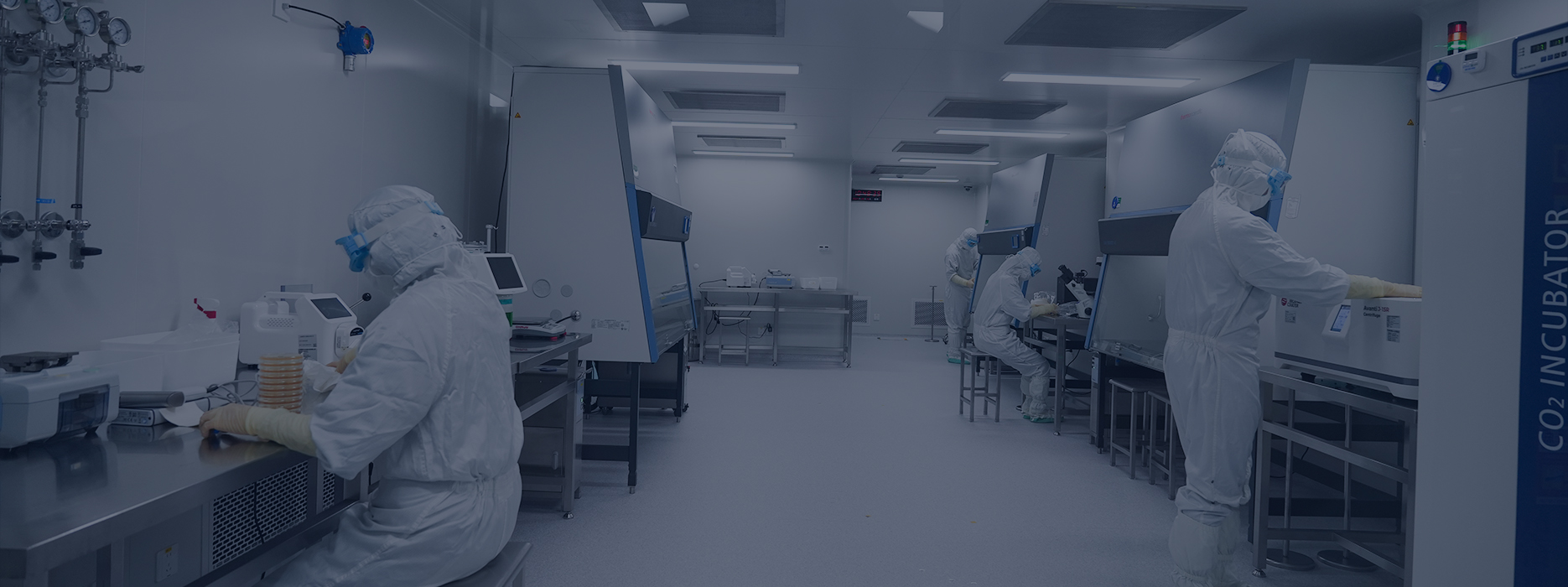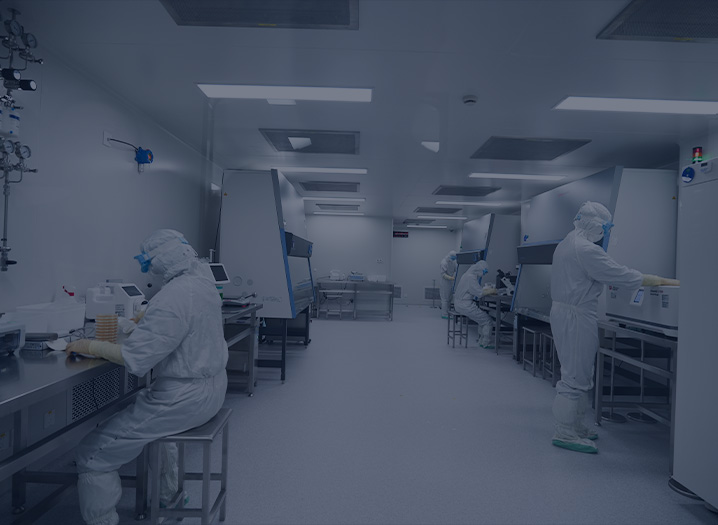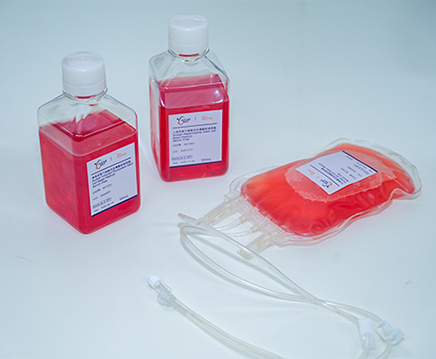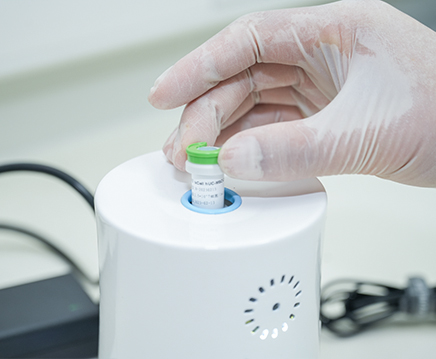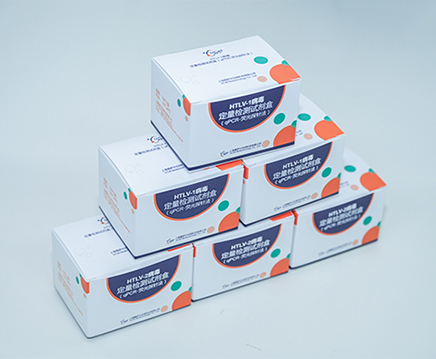Mesenchymal Stem Cell Therapy for Stroke
-
 Angiogenesis
AngiogenesisIncreases VEGF expression in ischemic regions, promotes neovascularization, enhances local cerebral blood flow, and establishes a microenvironment favorable for endogenous neurological repair.
-
 Immunomodulation
ImmunomodulationUpregulates IL-10 expression and downregulates TNF-α expression, thereby inhibiting inflammatory responses, reducing apoptosis, and improving neurological deficits following ischemia.
-
 Neuroprotection
NeuroprotectionSecretes neurotrophic factors such as BDNF, GDNF, and bFGF, promoting neurogenesis, supporting cell survival, and enhancing neural plasticity.
Suitable for : Patients convalescent from ischemic stroke




